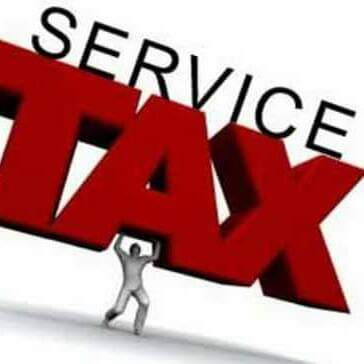Dapo Okubanjo
It is the norm in every society, for the authorities and the people to have what is loosely referred to as a social contract or an implicit agreement.
It is a theory that is as old as humanity itself and it presupposes that a people’s moral and political obligation depends on an agreement among them.
Taxation is seen as one of those obligations that the citizenry in every country is expected to abide by, but in Nigeria this is one social contract that has for years been difficult to keep.
We are a country with the largest economy in Africa in terms of Gross Domestic Product (GDP) and at the last count, the size of Nigeria’s economy is way ahead of South Africa and even Egypt.
But in terms of GDP to tax revenue, the country is not among the performing countries of the world and does not even compare with the two African countries mentioned above. In fact the International Monetary Fund (IMF) has been concerned to the extent that it recently urged Nigeria to improve on its tax revenue which stood at 6% of its GDP as at 2022.
That has been the highest the country has done in recent years but the Federal Inland Revenue Service (FIRS) on the watch of Muhammad Nami, the Executive Chairman, said it plans to raise the tax revenue to GDP ratio to 17% this year.
On paper, this looks ambitious but the FIRS has in the last few years consistently surpassed old records and broken new grounds, so it may not be ideal to bet against the FIRS achieving a quantum increase in the country’s tax revenue.
*Chicken or egg dilemma*
Paying tax is a chicken and egg situation in many parts of Nigeria. It is usual to hear arguments among Nigerians revolving around inadequate infrastructure or outright lack of it in their immediate communities.
But the truth is funds need to be in public coffers before these things could be done so the question of what comes first between citizens paying the necessary taxes as at when due or government putting up infrastructure and providing social amenities does not even arise.
An aspect of the argument that vexed citizens make against payment of taxes is that not much is visible in terms of social amenities and infrastructure after citizens have done their side of the social contract.
This may be true considering the President Muhammadu Buhari administration had in the past raised posers on what previous administrations had done with public funds based on what it met on ground.
But this is not enough to kick against tax payment especially at a time of dwindling revenue from crude oil. It is ideal for the chicken to be well fed before it could lay eggs.
And to put the issue in proper perspective, it is at a time of a global oil slump that the Buhari administration has been able to depend on other revenue sources and chief amongst these is tax revenue, to deliver so much.
It is through these taxes that government is able to fund road construction, bridges including but not limited to the Loko – Oweto Bridge and Second Niger Bridge, provide medical care (Primary Health Care Centres across the country), build schools and equip them with the necessary infrastructure.
It is pertinent to me to also note that the interventionist fund TETFUND was able to disburse over N2 trillion in about 10 years to several tertiary institutions and this was made possible from the Tertiary Education Tax, which is 2.5% of the assessable profit of companies operating in Nigeria,
When the FIRS made its record breaking tax collection of N10.1 trillion in 2022, it attributed the feat to its internal revamp, its data-centric reforms, and its improved collaboration with all stakeholders including tax payers—emphasising that it recognizes the role that the citizenry plays in achieving its set goal.
And now that the agency has raised the bar in tax collection, the good job that the President Buhari administration is doing in ensuring that Nigerians see where their tax is going would be a further boost to FIRS target for 2023.
So it is absolutely necessary that Nigerians continue to keep their side of the social contract which taxation represents and government, whether the incumbent or the incoming, will have little or no reason to ensure that the people reap the necessary benefits in terms of provision of social amenities.










